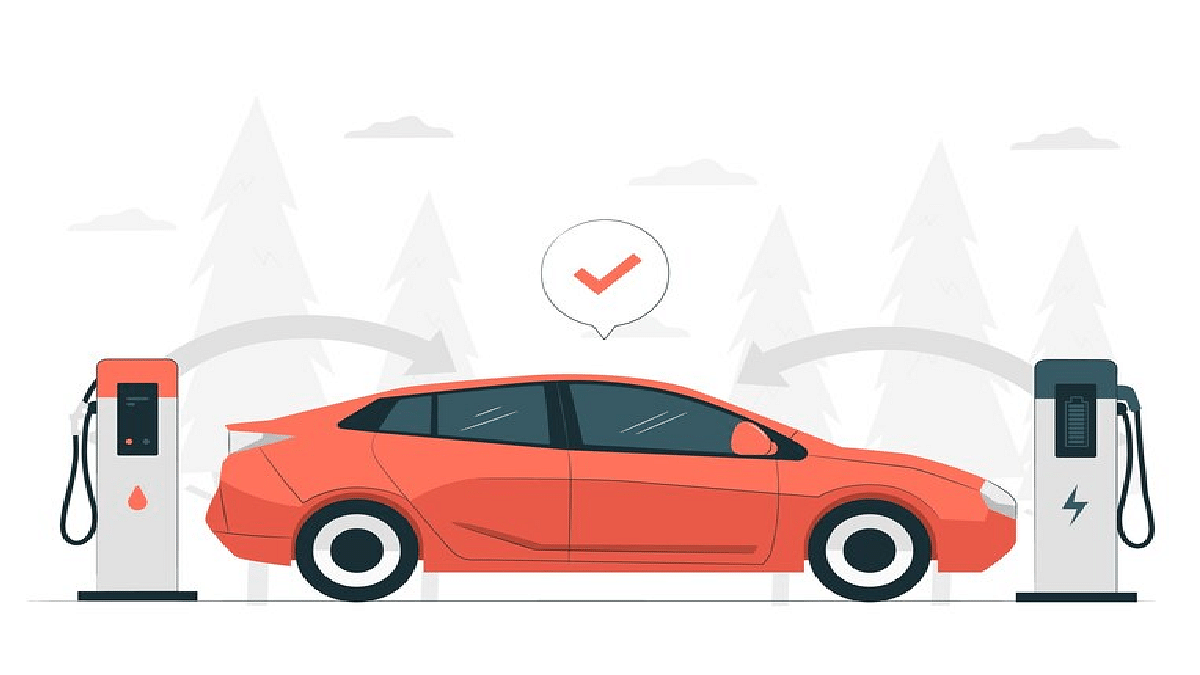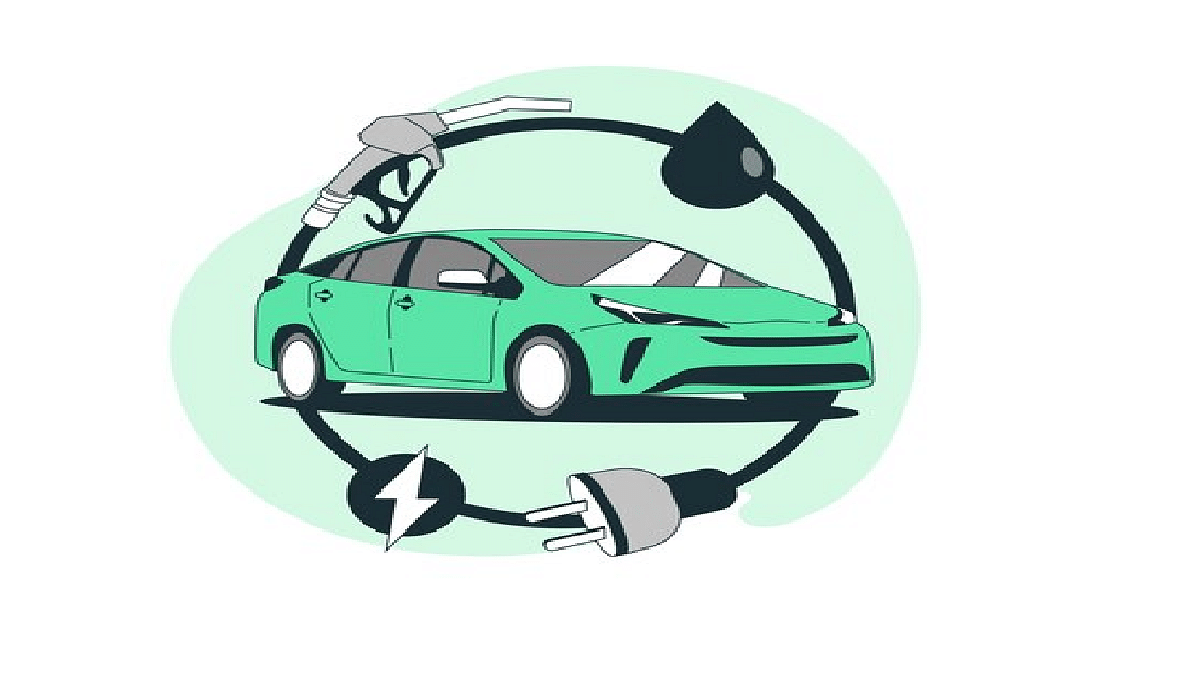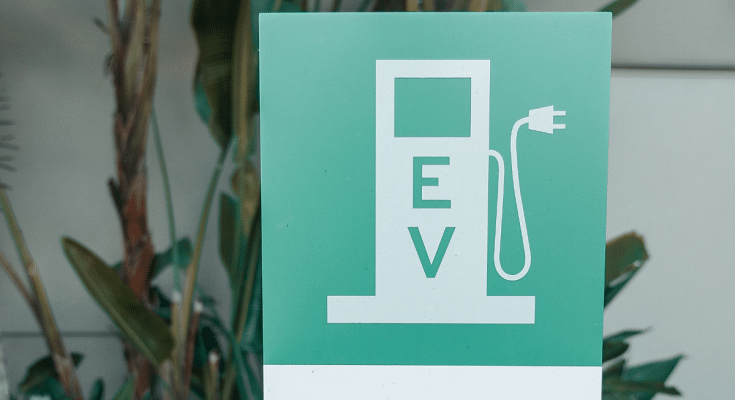Key Highlights
- Bihar EV policy showcased at COP28.
- Up to Rs. 1.25 lakh for EVs.
- 400 electric buses to transform transportation.
The Bihar government, led by Chief Minister Nitish Kumar, has approved an ambitious Electric Vehicle (EV) policy to propel the state towards a sustainable and eco-friendly mode of transportation. This strategic move, discussed in a recent cabinet meeting, outlines a comprehensive plan with a primary focus on establishing a robust EV infrastructure, particularly a widespread network of charging stations across the state.
Also Read: Gogoro CrossOver E-Scooter India Debut Set For Next Week: Everything We Know
Empowering Electric Mobility: The NEBP Connection

Simultaneously, the state cabinet endorsed a proposal from the transport department to acquire 400 electric buses under the National Electric Bus Programme (NEBP). These buses, scheduled for deployment in various districts of Bihar, aim to reduce reliance on traditional petrol and diesel-driven public transportation.
Also Read: Top 4 Gadgets Every Modern Biker Needs On Road
Ambitious Goals for a Greener Tomorrow

The Bihar Electric Vehicle Policy sets ambitious targets for the next five years, culminating in 2028. The key objectives are:
- 15% new vehicles in Bihar electric by 2028 target.
- Compelling measures: 75% MV Tax subsidy, Rs. 1.25 lakh incentives.
- Incentives for first 1,000 four-wheeler EV buyers introduced.
- The ambitious policy aims for a greener transportation landscape in Bihar.
Also Read: EV Charging Tips And Tricks: Seven Ways To Find EV Charging Stations Across India
Comprehensive Vision for a Sustainable Future

Chief Minister Nitish Kumar, a staunch advocate for environmental conservation, has been setting an example by utilizing an electric vehicle for his travels in Patna for the past four years. The policy also extends benefits to the first 10,000 personal two-wheeler EVs, offering subsidies on MV Tax up to 75% and purchase incentives up to Rs. 10,000.
Transport Secretary Sanjay Kumar Agarwal outlined the broader objectives, emphasizing the policy’s commitment to promoting an electric vehicle transport system complemented by accessible charging infrastructure. To make power charging stations more affordable, the policy provides a 30% subsidy on power tariffs for public and semi-public charging stations during the initial three years.
Also Read: 2024 EV Update:Top Upcoming Electric Scooters In India
International Collaboration and Renewable Energy Integration

Crafted with inputs from international expert agencies, including WRI India, the EV policy aligns with global practices. WRI India CEO Madhav Pai showcased the Bihar Electric Vehicle Policy at the United Nations Climate Change Conference of the Parties (COP28) in Dubai, highlighting its significance in the global transition to electric mobility.
Also Read: 6 Must-Have Electric Bike Accessories Every Owner Should Have
